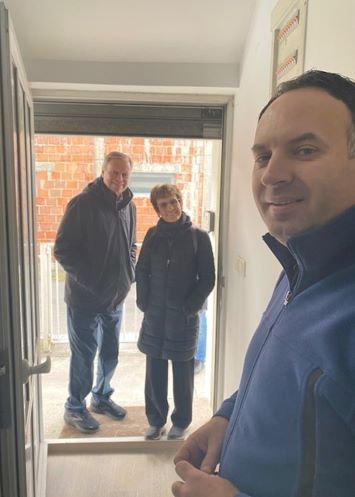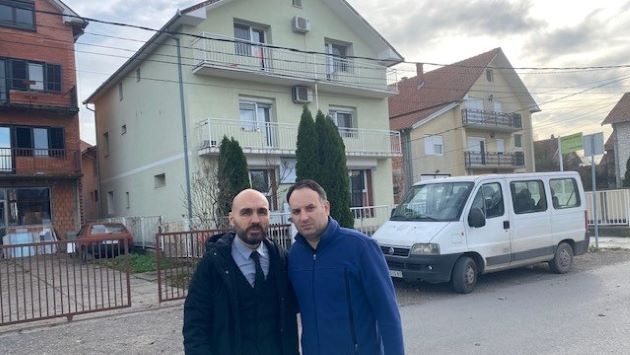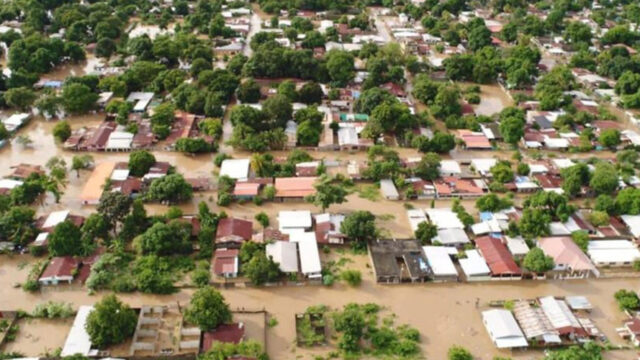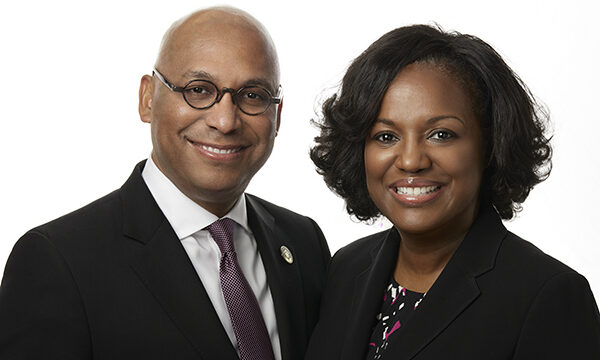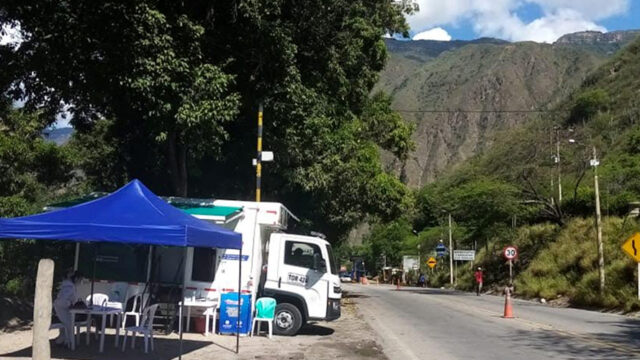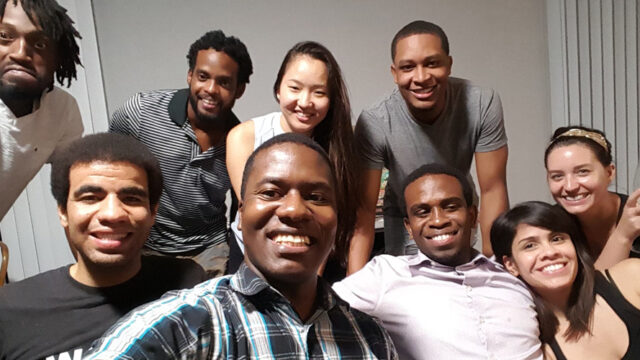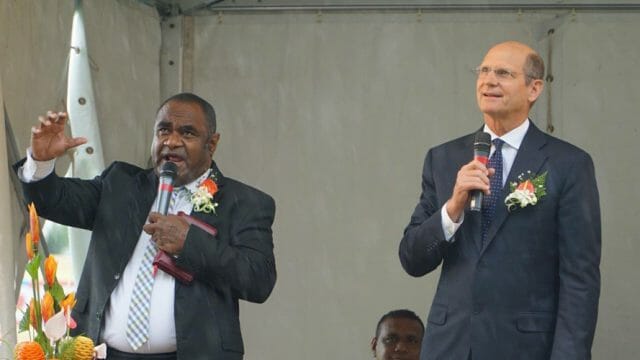Humanitarian agency director in the country discusses long-term ministry collaboration.
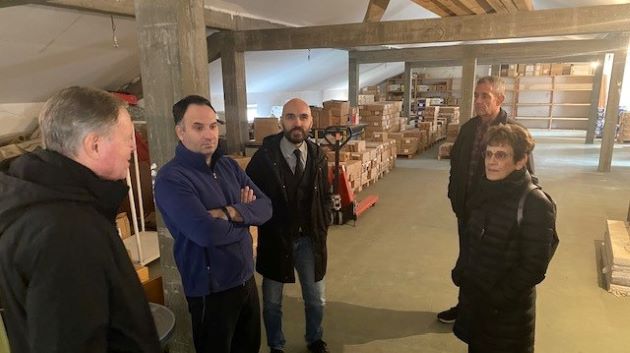
We are standing outside a large building in an area of mainly suburban housing in northeast Belgrade, which includes homes for almost 10,000 from the Roma community and some from the Syrian and Ukrainian communities.
“We are here for their kids — to prepare them to enter secondary school,” Adventist Development and Relief Agency (ADRA) Serbia director Igor Mitrović says. The building is owned by the Adventist Church and is currently undergoing renovation for use as an outreach center. “Once finished” Mitrović says, “we want to paint it, we want it to be attractive, so it won’t simply be a house but a building which will stand out — possibly with some street art — to point out to something special.”
Sunday Morning Classes for Roma Children
Once complete, the building will house a church congregation and some apartments for workers, but most of the space will be for ministry. “Currently,” Mitrović says, “we have Roma refugee children taking Sunday morning classes to improve their education, so that we can help integrate Roma children into schools. This is a long-term ADRA Serbia project, committed for years and if necessary, decades, to help solve generational issues that affect communities.”
The local onsite ADRA logistician is church member Pavle Radovanov, the co-ordinator for all activities taking place at the center. “It’s not just the formal education classes we run, but also informal activities with the children which includes teaching essential life skills. When they go home from here (if we can call their settlement ‘home’), they are in their group, where they face many risk factors — smoking, drugs, and alcohol consumption, so we try to motivate them to avoid as far as possible,” Radovanov says.
Even before the new center is fully open, up to 35 children are meeting in three sessions. “We work with three Roma settlements,” Radovanov says, “preparing children to enter secondary school, and encouraging children to follow right through the secondary school process, because there is a high risk of them dropping out.”
Primary school is a safe place, an environment the children are used to, but as Radovanov explains, “They are not motivated to go on to secondary school because of the many challenges such as large class sizes, and the biggest wall they face — the lack of proficiency in the Serbian language.”
‘Nobody Else in Serbia Is Doing Something Like This’
There is a plan for an IT working space elsewhere in the building for aspirational youth to connect and share their skills sets, with the goal of creating working teams and even business ventures. Integrated through this is the plan for an onsite youth church to provide spiritual nurture and care. “Don’t forget,” Radovanov says, “that nobody else in Serbia is doing something like this.”
Listening to Radovanov explain about the outreach center work in progress are Adventist evangelists Mark and Teenie Finley. They are making a site visit, clearly energized and enthusiastic about the potential of this growing ministry, Radovanov goes on to share how he was baptized because of Finley’s 1988 Mission to Belgrade evangelistic initiative. Clearly delighted, the Finleys beam as they acknowledge how the Lord moves and stirs in ways we can’t imagine from a human perspective.
Impressed by the potential for this outreach center, Finley encourages Radovanov by explaining the power of godly vision: “Vision is the anointing of God, so you see before others see, you see what others do not see, you see beyond what others see, believing that God is going to accomplish that in your life,” he reminds him.
It is the vision of ADRA Serbia, working together with the church and other supporting agencies, that provides an opportunity to break the cycle of generational poverty among victims of economic, political, and social policies of governments and the effects of wars.
The Focus of ADRA’s Work
“Our job is to come alongside these children and bridge the gap they need to stay in education, to successfully pass on to the next level with as good a performance as possible,” Mitrović says. “For their last school year, our plan is to link them with potential employers to provide apprenticeships. At the heart of all this effort is a heart for a child; we have traveled on a journey to get them to the point where they are ready for employment.”
Traveling back to the Belgrade city center in the car, and after being shown a local Roma settlement, we can’t help but ask ourselves, What if we had to live there? What if tonight I had to go home to a prefabricated dwelling with gaps between the wall and the roof?
While we at ADRA Serbia know that we cannot solve all the problems of the world in relation to poverty, we are determined to do what we can to fight it. It is also with a sense of gratitude that we witness how ADRA and the wider church are working together. It is a major step forward.
The original version of this story was posted on the Trans-European Division news site.


